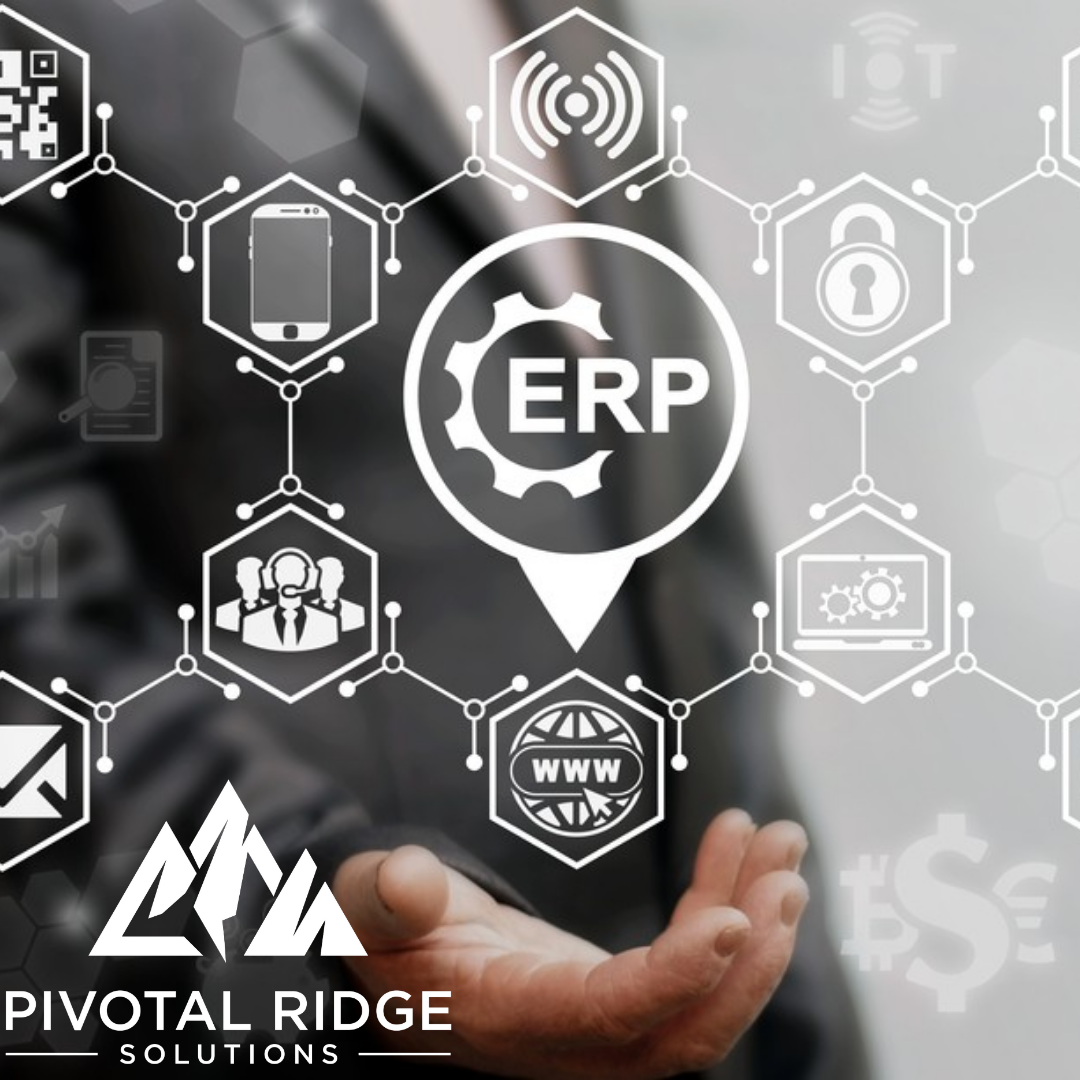A CIO's Guide to Selecting a Cloud ERP for Patient Billing & RCM

Selecting a Cloud ERP for Healthcare RCM: A Strategic Guide
Migrating to a cloud ERP is a critical strategic decision for healthcare leaders. The challenge is choosing a platform that can serve as the financial backbone of your organization, integrating seamlessly with your Electronic Medical Records (EMRs) and other clinical systems to streamline patient billing and revenue cycle management (RCM).
This guide provides a clear, focused framework for ERP leaders to evaluate and select the right cloud solution for modernizing healthcare finance.
Core ERP Capabilities for Healthcare RCM
A successful ERP in healthcare is defined by its ability to integrate and automate. Focus on these core capabilities during your evaluation:
- Integration via Open API: The ERP must have a robust, open API for seamless data synchronization with EMRs and practice management software. This is non-negotiable for a single source of truth.
- Multi-Dimensional Chart of Accounts: Track profitability with granular detail. Tag transactions by provider, patient, or department to gain critical insights into your revenue streams.
- Workflow Automation: Automate key RCM tasks, from claims submission and payment posting to follow-up and collections, reducing manual errors and accelerating cash flow.
- Real-Time Business Intelligence: Leverage customizable dashboards to monitor KPIs like Days in A/R and claim denial rates in real time, enabling proactive financial management.
- Advanced Security & Audit Trails: Ensure compliance with regulations like HIPAA. Look for role-based security to protect sensitive data and a comprehensive, immutable audit log of all system activity.
A Comparison of Top Cloud ERPs for Healthcare
When choosing a platform, consider these leading cloud ERPs and their unique strengths.
- Acumatica: The Integration & Scalability Choice
- Open API: Designed for easy and deep integration with specialized healthcare systems.
- Flexible Licensing: Its consumption-based model scales with your business without restrictive per-user fees.
- Project Accounting: Its module can be adapted to track the full financial lifecycle of specific patient episodes or service lines.
- NetSuite: The Multi-Entity & Financial Control Powerhouse
- Multi-Subsidiary Management: Ideal for large health systems or multi-clinic groups, automating intercompany accounting and consolidation.
- Robust Financials: Provides deep financial controls and comprehensive reporting for complex, multi-entity organizations.
- Audit-Ready: A strong focus on financial controls and reporting for meeting strict regulatory requirements.
- Microsoft Dynamics 365 Business Central: The Ecosystem Advantage
- Native Microsoft Integration: Seamlessly connects with Power BI for advanced analytics, Excel for reporting, and the entire Office 365 suite.
- User Familiarity: Leveraging a familiar Microsoft interface can reduce the learning curve for staff.
- Scalable for All Sizes: A versatile platform that can serve everything from a small clinic to a large healthcare provider.
Conclusion: A Strategic Choice for Financial Health
The right cloud ERP is the strategic foundation for your healthcare organization's financial success. It’s a platform that integrates with your clinical systems, automates your revenue cycle, and provides the control and visibility needed to thrive in a complex regulatory environment. Choose a system that aligns with your specific operational needs to secure a more efficient and profitable future.





.png)